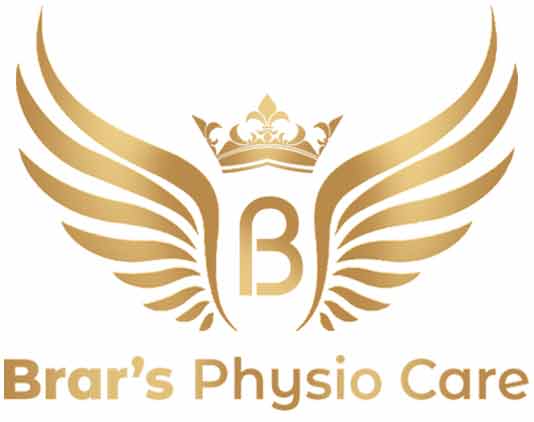Frozen Shoulder: Symptoms, Causes, Diagnosis, And Treatment
Frozen shoulder is a condition affecting the shoulder joint, involving pain and stiffness developing gradually, and getting worse by the time and then eventually fades and this can take from 1 to 3 years.
The shoulder is a composition of three bones forming a ball and socket joint, which are the humerus (upper arm), scapula (shoulder blade), and clavicle (collarbone). To hold all this together, issues are surrounding it and this is called shoulder capsule.
According to a Physiotherapist in Chandigarh – A frozen shoulder means the capsule is becoming thick and tight making it hard to move. Things that limit the motion, even more, are bands of scar tissue form and less amount of synovial fluid to keep the joint lubricated.
SYMPTOMS OF FROZEN SHOULDER:-
The main symptom of frozen shoulder is pain, stiffness, and discomfort which makes it difficult to move the shoulder.
Frozen shoulder will likely make you feel a dull and achy pain in one shoulder or shoulder muscles on the top of the arm as well. Pain may get worse at night, making it hard to sleep.
There are typically three phases of frozen shoulder with unique symptoms and timelines as per the diagnosed cases of Physiotherapist in Kharar:
Freezing Stage:
The patient can develop (occasionally severe) whenever they try to move their shoulder,
The pain can get worse and hurt more at night,
Lasts from 6 to 9 months at most,
Shoulder movements are limited here.
Frozen Stage:
Pain might get better but stiffness gets worse by the time,
Movement of the shoulder becomes more difficult to complete daily activities,
This stage lasts from 4 to 12 months.
Thawing Stage:
Shoulder movements start going back to normal,
This can take from 6 months to 2 years at most.
CAUSES OF FROZEN SHOULDER:-
The root cause is still not clear why some people develop this condition but some people are more at the risk of having frozen shoulders.
This condition occurs more with women than in women, and the more likely people at the age of between 40 to 60 years old will develop it. The risk gets higher if you are recovering from stroke or mastectomy which keeps you from moving your arm.
Some medical conditions like diabetes can increase the risk of frozen shoulder with the rate of 10 to 20% of patients. Other conditions include heart disease, thyroid, or Parkinson’s disease.
DIAGNOSIS OF FROZEN SHOULDER:-
The Physiotherapist in Chandigarh will usually give a physical exam to see how badly it hurts and how far your shoulder can move. There are mostly two types of tests which are “active” where the doctor will let you move your shoulder on your own and “passive” where the doctor will move it for you to check the differences.
The Physiotherapist in Kharar can as well ask for imaging tests that can be recommended like X-rays, Ultrasound, or MRI to check the problems like arthritis or torn rotator cuff.
TREATMENT OF FROZEN SHOULDER:-
Physiotherapist in Chandigarh includes therapies and some medications in their plans for your recovery. The exercises include stretching to improve the movement range, some therapies, and massages with some minor stretching.
The therapies can be included as an alternative treatment along side with your main-line treatment as the medicinal prescription can subdue the pain.
Frozen Shoulder is not an incurable condition, however, it can cause a lot of pain and discomfort for quite a time but eventually fades after that. Women are at higher risk and the people 40 to 60 years old. There are many satisfactory treatments present in Brar’s Physio Care for frozen shoulder.
